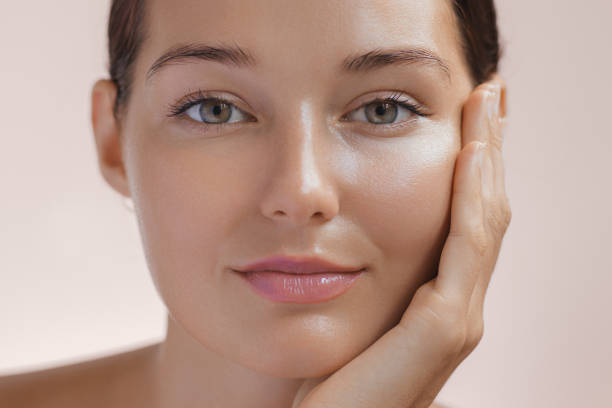In the vibrant city of Dubai, nestled amidst towering skyscrapers and bustling streets, a phenomenon quietly thrives in the realm of beauty and skincare: skin whitening. It's a topic that sparks conversations about cultural ideals, societal pressures, and personal choices. But amidst these discussions, one question often arises: Is skin whitening a luxury indulgence or a perceived necessity in Dubai's beauty landscape?
Understanding the Culture of Skin Whitening in Dubai
Dubai, often hailed as the melting pot of cultures, is a city where diverse traditions and modern influences converge. Within this mosaic, beauty standards reflect a blend of global trends and regional preferences. Skin whitening, while not exclusive to Dubai, holds a significant place in its beauty culture. The desire for fairer skin is deeply rooted in historical perceptions of beauty, where fairness has been associated with notions of purity, status, and attractiveness.
The Multifaceted Reasons Behind Skin Whitening in Dubai
Cultural Influences
In Dubai, where diverse communities coexist, cultural influences play a pivotal role in shaping beauty ideals. For many, achieving lighter skin is intertwined with cultural norms and expectations. In some cultures, fair skin is considered a symbol of beauty and prosperity, leading individuals to pursue skin whitening as a means of conforming to societal standards.
Societal Pressures
Beyond cultural influences, societal pressures also contribute to the prevalence of skin whitening in Dubai. The city's cosmopolitan environment fosters a competitive atmosphere, where appearances often carry weight in social and professional spheres. As a result, individuals may feel compelled to undergo skin whitening treatments to enhance their confidence and perceived social standing.
Media and Advertising
The pervasive influence of media and advertising further perpetuates the notion that fairer skin equates to beauty and success. From billboards to social media influencers, images of flawless, fair-skinned individuals dominate the beauty landscape, creating aspirational ideals that drive consumer demand for skin whitening products and services.
The Luxury Perception: Skin Whitening as a Symbol of Status
In Dubai's affluent society, where luxury is synonymous with lifestyle, skin whitening is often perceived as a symbol of status and privilege. High-end skincare clinics and luxury beauty brands offer a plethora of skin whitening treatments tailored to discerning clientele. For some, the ability to afford these exclusive services represents a mark of social distinction and access to elite beauty standards.
The Necessity Argument: Addressing Cultural Expectations and Career Advancement
Conversely, for many individuals in Dubai, skin whitening may be viewed as a necessity driven by cultural expectations and pragmatic considerations. In a competitive job market where first impressions matter, having lighter skin can be perceived as a professional advantage, particularly in industries that prioritize aesthetics or client-facing roles.
Moreover, individuals from certain cultural backgrounds may face implicit biases or discrimination based on skin color, leading them to seek skin whitening treatments as a means of overcoming barriers and gaining acceptance in society.
Balancing Personal Choice and Societal Influences
While the debate over the luxury versus necessity of skin whitening in Dubai continues, it's essential to recognize the complexity of individual choices within the broader context of societal influences. Ultimately, the decision to undergo skin whitening should be a personal one, guided by informed consent, cultural awareness, and consideration of both short-term desires and long-term implications.
The Importance of Diversity and Inclusion
As Dubai embraces its identity as a global metropolis, promoting diversity and inclusion in beauty standards is paramount. Embracing a spectrum of skin tones and celebrating cultural diversity fosters a more inclusive and accepting society, where individuals feel empowered to embrace their natural beauty without succumbing to external pressures or societal norms.
Conclusion
In the dynamic city of Dubai, where tradition intersects with modernity, the debate surrounding skin whitening encapsulates complex layers of culture, identity, and societal expectations. Whether viewed as a luxury indulgence or a perceived necessity, the pursuit of lighter skin reflects individual choices shaped by cultural influences, societal pressures, and personal aspirations. Moving forward, fostering conversations around diversity, inclusion, and self-acceptance can pave the way for a more nuanced understanding of beauty in all its forms within Dubai's diverse landscape.






Comments